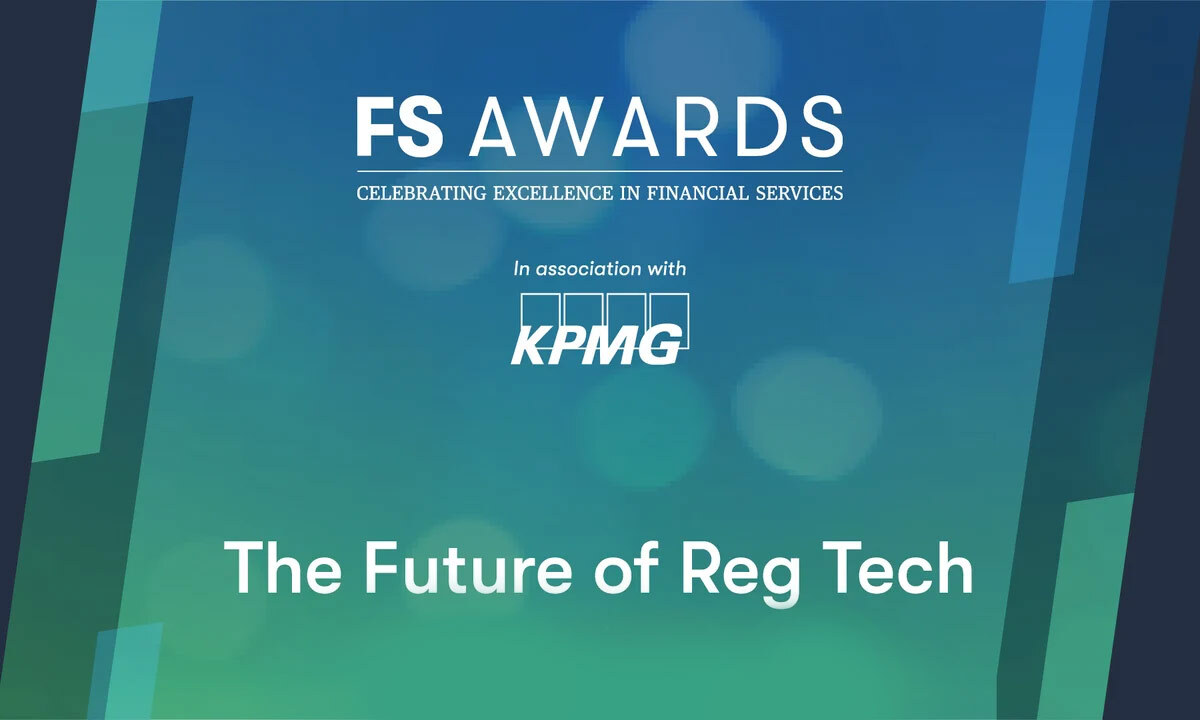In a recent webinar hosted by Sarah Freeman, Managing Editor of Business & Finance, industry leaders shared their perspectives on a rapidly evolving RegTech landscape.
Industry leaders recently shared their perspectives on the current RegTech landscape in a webinar hosted by Sarah Freeman, Managing Editor of Business & Finance.
The panel included Ian Nelson, Head of Financial Services at KPMG, Chris Hanlon, CEO of CalQRisk, and John Byrne, CEO of Corlytics, all prominent voices in compliance and RegTech.
Manual to AI-driven processes
Panellists suggested that the ongoing evolution of RegTech will result in a shift from manual processes to AI and machine learning. This is enabling companies to save time and expedite real-time reporting. It also allows greater accuracy in horizon scanning.
“If you look at say 10 years ago when I would have started this, this was a predominantly manual area” said John Byrne.
He continued: “If you look at where we are today and what good compliance looks like, everywhere is proactive compliance … It uses AI, but we use AI trained by subject matter experts, so instead of lawyers doing things manually lawyers are actually training models.
“It is doing a number of things – it’s giving you immediacy, so you can see things immediately as they happen, but actually it’s also giving you incredible accuracy, so we operate at greater than 99% level of accuracy … It’s transformational in terms of immediately getting the information, the accuracy of the information, and then making that information actionable in terms of doing the right things.”
Byrne also emphasised the cost of regulatory missteps. With AI-driven precision, firms can better anticipate and address compliance risks, he said.
Chris Hanlon added that automation is not only about efficiency but also about shifting focus. By reducing manual burdens, he said, teams can concentrate on high-impact work, such as addressing critical risks rather than getting bogged down in data collection.
Regulatory divergence
The different regulations between jurisdictions like the EU and the US makes compliance across regions more difficult, panellists said.
“If you look at Europe, it’s on a very direct path in terms of regulating AI, in terms of further regulation around GDPR and privacy of the person, and also it it’s very concerned about consumer protections,” said Byrne.
“If you look at the US, you’re probably going to see a shift in terms of regulation … Regulation around labour law will probably have a very big impact. There’s other types of regulations, so there may be some regulations de-emphasised and other regulations re-emphasised.”
It was suggested that regulatory technology that allows for a more unified approach to compliance will be increasingly useful and, indeed, essential.
Said Hanlon: “Our firms are investing a lot of time and money into things like ESG or carbon accounting … We see that shift in the EU under CSRD … But a lot of our clients are now kind of saying, ‘well actuall,y under a potential new US government, what happens if that law gets weakened?'”
Ethical considerations
The panellists also delved into the ethical implications of RegTech, particularly in the context of AI.
Byrne emphasised traceability in decision-making, noting that the future of compliance lies in transparency. This aligns with broader regulatory principles like the UK’s “Treating Customers Fairly” framework, he said.
Ian Nelson added that CEOs are calling for clearer regulatory direction, particularly around AI ethics. The balance between user experience and consumer protection is crucial, he noted.
Future trends?
Nelson identified automation as a major driver of change.
“The level of automation from an AI perspective is increasing,” he said.
“One of my clients who I was speaking with earlier this week [said] his team in Ireland is about 120. By the end of 2025, he expects that to be something like 80. So he’s going to lose a third of his headcount with Chat GPT, because it can do the coding … that previously he would have had humans doing.”
The webinar ‘The Future of RegTech’ is available to watch below:
READ MORE
Winners announced at FS Awards 2024, in association with KPMG
Former Taoiseach John Bruton to be posthumously honoured at FS Awards

